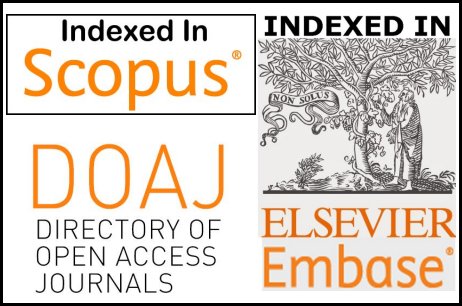Treating Trauma Survivors with Neurofeedback: A Grounded Theory Study
DOI:
https://doi.org/10.15540/nr.1.3-4.219Keywords:
trauma, neurofeedback, grounded theoryAbstract
Neuroscience, the mental health field, and the concept of trauma as an underlying factor in mental and physical disorders have been inextricably linked since the inception of the mental health professions. Numerous quantitative studies have indicated that neurofeedback may be effective in ameliorating trauma symptoms; however, there is a paucity of research exploring the factors that produce those positive outcomes. The purpose of this qualitative grounded theory study was to explore the factors and processes that influence treatment outcomes when neurofeedback is used with trauma survivors. Thirty interviews were completed with 10 experienced mental health and neurofeedback professionals identified through a nomination process with a snowball sampling method. For this study a wide definition of trauma was used that included traumatic brain injury, the DSM-IV-TR (American Psychiatric Association, 2000) criteria for posttraumatic stress disorder, and the seven symptoms associated with complex trauma (Courtois, 2008; Courtois & Ford, 2009; Herman, 1992, 1997). Research results indicate that the neurofeedback practitioner is central to the treatment process, that practitioner therapeutic skills are crucial to positive neurofeedback outcomes, and that counseling and neurofeedback may effectively complement each other in trauma treatment.Downloads
Published
2014-12-22
Issue
Section
Research Papers
License
Authors who publish with this journal agree to the following terms:- Authors retain copyright and grant the journal right of first publication with the work simultaneously licensed under a Creative Commons Attribution License (CC-BY) that allows others to share the work with an acknowledgement of the work's authorship and initial publication in this journal.
- Authors are able to enter into separate, additional contractual arrangements for the non-exclusive distribution of the journal's published version of the work (e.g., post it to an institutional repository or publish it in a book), with an acknowledgement of its initial publication in this journal.
- Authors are permitted and encouraged to post their work online (e.g., in institutional repositories or on their website) prior to and during the submission process, as it can lead to productive exchanges, as well as earlier and greater citation of published work (See The Effect of Open Access).










